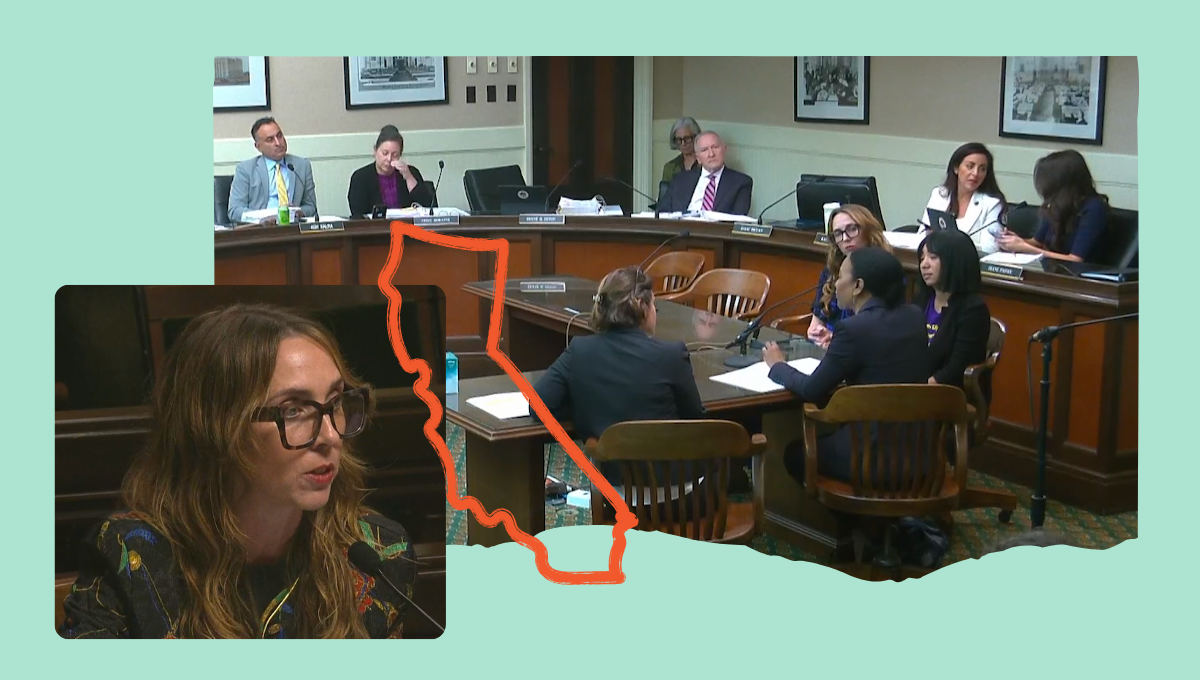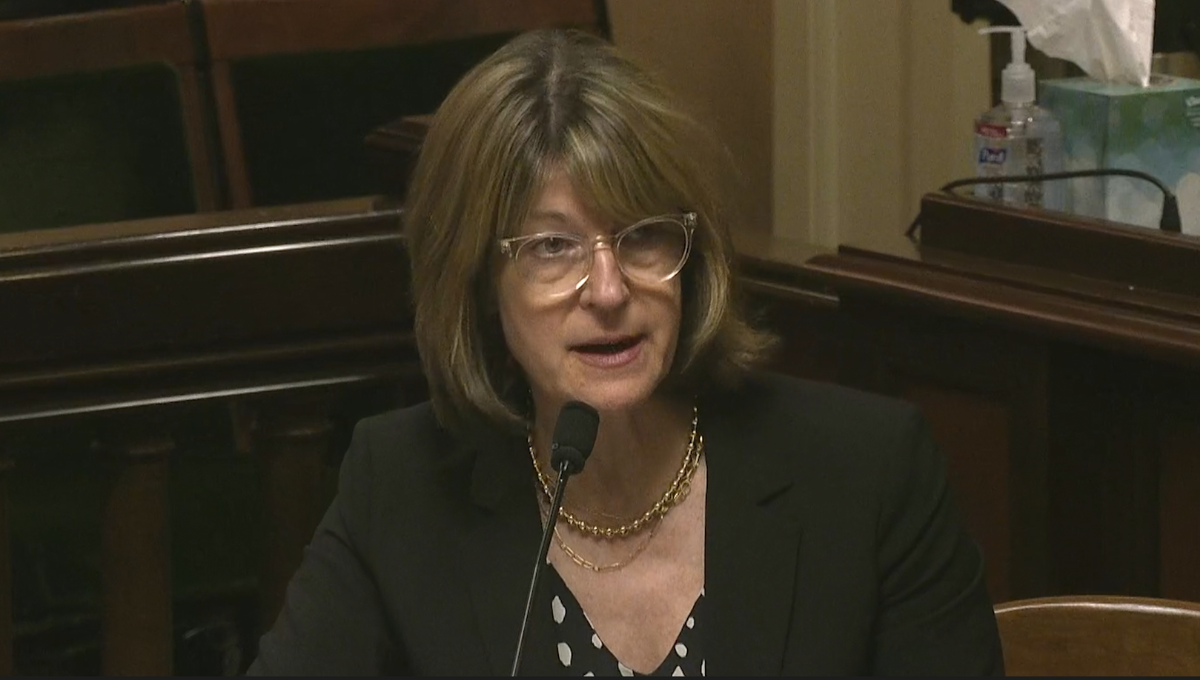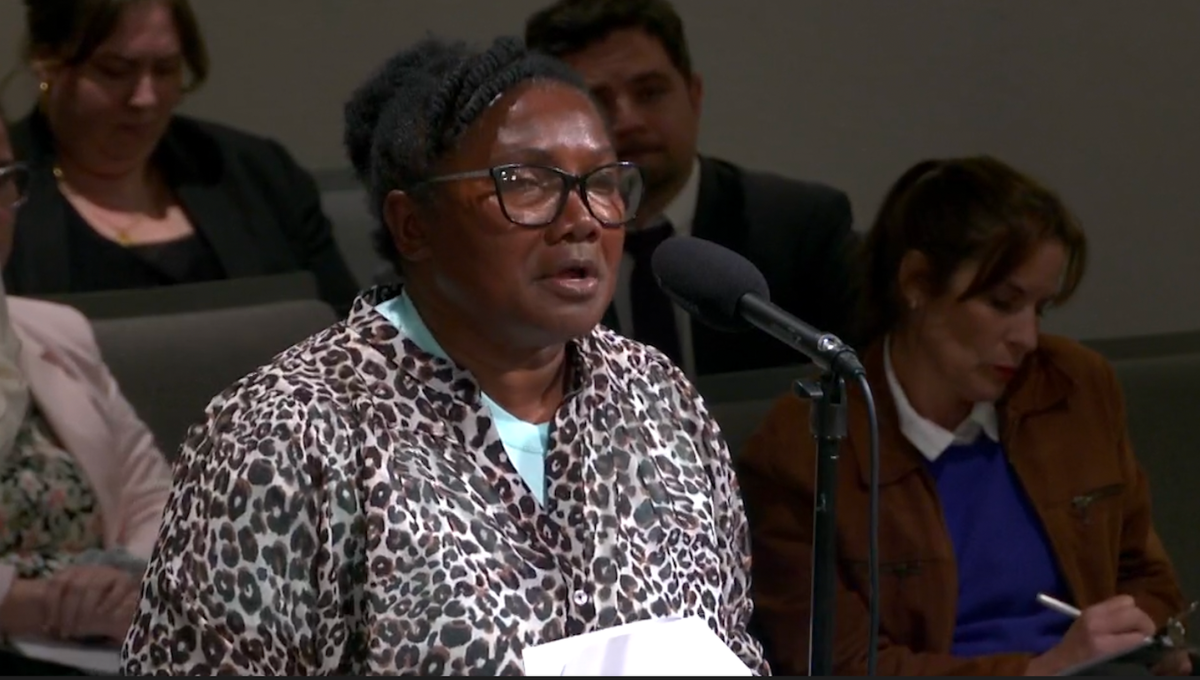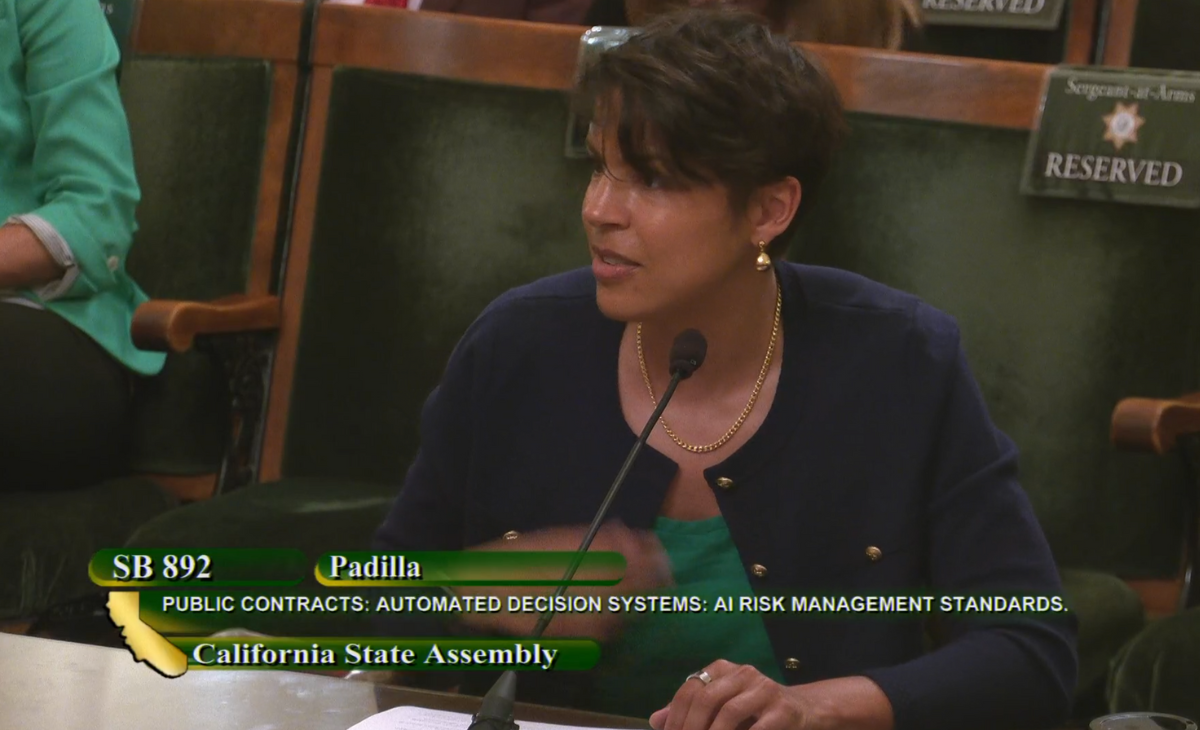TechEquity Wrapped: Our Organizing & Advocacy in 2021

It’s officially nostalgia season. The weather is getting cooler, and music apps have dropped their “year in review” playlists, so we thought we’d join in on the fun.
Over the past year, TechEquity has worked alongside lawmakers, community partners, and tech workers across the state to advocate for policies that will bring economic justice. From calling legislative offices, providing testimony during committee hearings, and conducting original policy research, our volunteers rallied for workers’ rights and housing for all.
Read on to learn more about our campaigns and initiatives, how we organized around them, and how you can join in on our fight for economic justice.
Our Priority Legislation
To ensure effective, impactful advocacy, we sifted through hundreds of bills to select policies that align with our mission to build an equitable tech-driven economy that works for everyone. We call these bills “priority legislation.”
We kicked off the year with a member strategy session where we shared what bills were on our radar and gathered feedback from our community. Then, with your help, we proposed a statewide rental registry, advocated for protections against workplace discrimination, and protected vulnerable populations through affordable housing initiatives.
In May, we hosted our first-ever lobby day. Our members joined TechEquity staff and met directly with policymakers to convince them to support policies that build a more equitable tech-driven economy. Our members shared their stories and provided powerful testimony to highlight the need for legislation that protects diversity in the workplace (SB 331) and enables communities to participate in the 21st-century economy (SB 4).
In addition to our lobby day, we got to work voicing our support in committee hearings and supporting our community partners to advocate for affordable housing initiatives and increased protections on the job. Here are the priority bills that we helped pass this year:
- The Silenced No More Act (SB 331) paves the way for workers to publicly hold their workplaces accountable and incentivizes companies to enact stronger corporate policies against discrimination and harassment.
- The passage of the Senate Housing Package (SB 7, 8, 9, and 10) will make it easier to reduce barriers to housing development by addressing exclusionary zoning, cutting through regulatory red tape, and boosting anemic public investment.
- The Broadband Access for All Package (SB 4 & AB 14) will help underserved Californians get critical access to funding that will upgrade internet infrastructure and provide higher broadband speeds.
The Contract Worker Disparity Project
TechEquity introduced the Contract Worker Disparity Project this year to shine a light on the growing problem of inequality inside of tech workplaces, specifically with contract workers. . While there are bits and pieces of existing research relevant to the contract experience, we believe that comprehensive data is necessary for defining the increasing disparities between contract workforce and direct employees in tech.
So we got to work, administering anonymous surveys and interviewing workers to gain insight into the contracting experience. In May, we hosted a member-exclusive happy hour to give insight to the initiative, get our members’ feedback on the project, and give them opportunities to share their experience and uplift that of their contracted coworkers.
Through our original research, we learned that tech’s reliance on contract workers exacerbates inequality and that the contracts between staffing agencies and tech companies create a murky environment that leaves contract workers vulnerable to exploitation. You can read more about our initial findings through our series of white papers written by our senior policy manager, Hannah Holloway.
But there is much more work to be done! In 2022, we’re launching a responsible contracting standard for tech companies to adopt and a public policy agenda that will ensure better labor standards for contract workers and temps across the workforce. Workers of all stripes deserve fair wages, benefits, and healthy working conditions; this is just the beginning of leveling the playing field in tech.
System Reset
This year we launched the System Reset campaign to help tech companies create onramps for people returning from incarceration. We released a step-by-step toolkit, including a background of the systemic impacts of incarceration on employment, the business case for hiring returning people, and essential tips and resources.
We’ve worked closely with our partners to start a conversation between tech companies and community organizations to welcome returning people into the prosperity and opportunities created by the tech industry. Through our corporate partnership with Blend, we were able to provide the resources needed for Blend to adopt the System Reset framework into their hiring process. This program is a concrete way to advocate and implement fair chance employment in technology companies.
Tech workers have the power to enact real change in their communities and reform corporate practices so that everyone has the opportunity to participate in a more equitable economy. You can commit to recruiting and hiring people returning from incarceration by taking the pledge today.
Your 2022 Activism Aura—Revealed!
We are at a pivotal moment where impactful change and community development can only happen through a multi-pronged approach—from participation in the upcoming federal, state, and local elections to grassroots community organizing—to ensure everyone can benefit from an equitable economy. We’re ramping up for our biggest campaign year yet, but we can’t do this without you!
In 2022, we’re investigating housing inequity, continuing the campaign for Equal Pay for Equal Work, and endorsing equitable policies that will achieve economic justice and resilience for all. Start your activist journey by subscribing to our newsletter to stay in the loop of all things TechEquity and donate to sustain our fight for economic equity!





